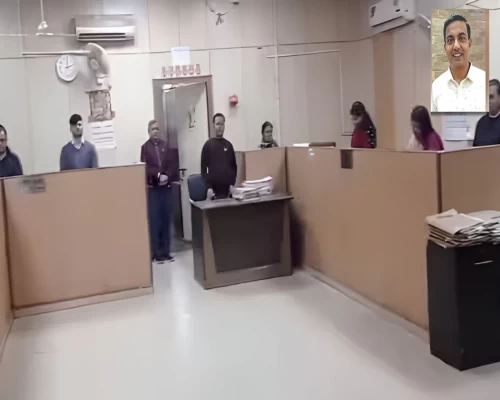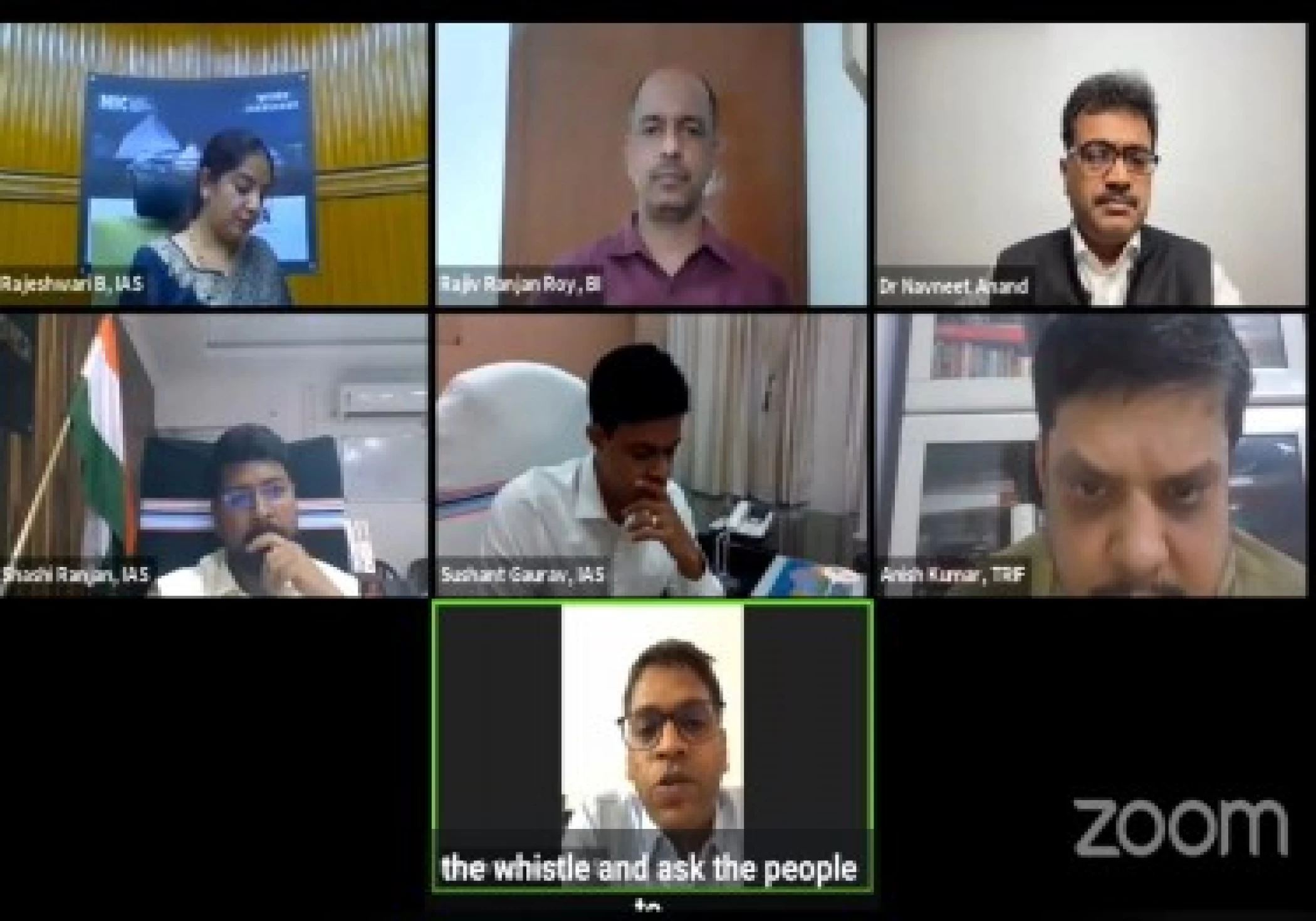
New Delhi: The Aspirational District Program (ADP) has proved a tool for holistic development in India’s backward region and has the potential to take the benefits of welfare schemes and programmes to those on social, educational and economic margins, said on Monday top bureaucrats, who have effectively used the ADP in bridging the developmental disparities in their respective districts.
They were of the view that the ADP, which has also been lauded by the United Nations Development Programme (UNDP), has a multisectoral approach embedded in a multi-pronged strategy to meet the varied aspirations of poor people – ranging from health, education, finances to ease of life. They were speaking during a webinar on “Aspirational Districts: Scaling New Heights of Inclusive Development’ organized by Bureaucrats India, an independent news portal
Initiating the discussion, Rajeshwari B, Deputy Commissioner, Dumka, Jharkhand said the programme was rooted in transforming the most backward areas into a model of development which was possibly only by reaching out to the last person. “There were challenges initially, but team efforts did work. We put in place a mechanism so that we do not lose focus,” added Rajeshwari.
Referring to people’s participation, ease in getting funds, she said: “Our wholesome approach has really worked. We have been able to put in place smart class rooms, addressing the problem of malnutrition among women, emphasis on skill development and other issues so close to the people’s hearts. We have been able to contain the spread of Kalajar disease.” She also spoke about elaborate reporting to ensure transparency.
Talking about hardships caused by Covid-19 induced lockdown, she said that multiple new challenges cropped up during the pandemic but efforts went on to ensure that people do not face problems in general but children in particular whose study was not allowed to be disturbed, thanks to concerted efforts of the team.
Ritesh Kumar Agrawal, District Magistrate, Bijapur, Chhattisgarh, said that there were multiple challenges in his district like malaria, which was so rampant, were haunting the entire district. “Thanks to awareness programmes, critical interventions to bridge developmental gaps, we have been able to lift the people’s ease of life. Roads were constructed to improve connectivity among villages,” said Agrawal, adding that carrying out development works was not so easy given the prevalent social-political atmosphere.
“We have also put a lot of effort into improving the quality of health and education facilities. During the pandemic, we were able to facilitate a large number of surgeries as well. Network towers were put in place so that internet connectivity is not an issue,” he said. Agrawal also spoke about galvanizing Anganwadi facilities, identifying anaemic women, emphasis on increasing children’s enrolment in schools.
In his deliberations, Anish Kumar, Joint Managing Director, Transforming Rural India Foundation (TRIF), said that education being the primary tool for catalyzing developmental dynamics. lot of efforts were into sprucing up educational infra and related facilities. Similarly, people’s health was taken care of in a composite manner. Sharing his personal experience as his organization has worked in 35 Aspirational Districts, Kumar said that a lot of innovations in approach and execution have gone into the ADP to make the initiative effective, result oriented on the ground.
Shashi Ranjan, Deputy Commissioner, Palamu, Jharkhand, said that ADP lays emphasis on improving people’s ease of life and empowering them financially. Agriculture, water conservation, health and nutrition, and education are the focus areas of the ADP. He also spoke about institutional deliveries and how this has made a qualitative difference in the health of mothers and newborn babies as they are properly vaccinated from the very beginning.
The Palamu DC also elaborated how 100 per cent toilets in schools have improved the enrolment of girls in schools. He also shared his experience about improving basic infrastructure with a sustained stress on grassroots level connectivity. Given Palamu’s geographical disadvantages, Ranjan spoke about how drip irrigation has changed the lot of farmers as they are able to grow more crops other than traditional farm produce.
Sharing his experience, Sushant Gaurav, Deputy Commissioner, Simdega, Jharkhand, said that ADP has given a new dimension to the grassroots level development. Earlier there used to be funds crunch in carrying out critical developmental interventions in backward regions, which has been taken care of by the ADP, a well crafted initiative. He spoke about how easy access to data and its comprehensive analysis has made the ADP entirely a different game changer.
Earlier, Dr Navneet Anand, Editor-In-Chief, Bureaucrats India, while setting the tone of the discussion, said that ADP has become a true model of development which takes care of people's needs living in developmentally challenged districts. Dr Anand, who moderated the panel discussion, also asserted how the good efforts of 'Steel Frame' have set the ball of growth rolling in ADP districts of India.
The webinar, which Bureaucrats India organized in collaboration with Fijeeha, a forum of journalists writing on environment, education, health and agriculture, and Village Square, a public-interest communications initiative, saw an encouraging participation from the people of different walks of life including development experts, media persons, students and members of District Administration.




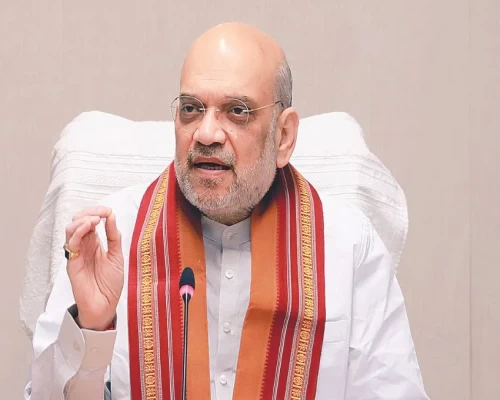
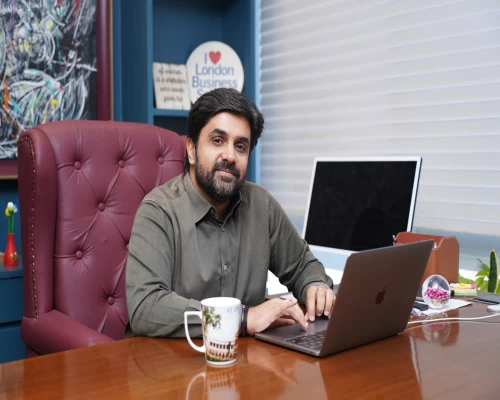

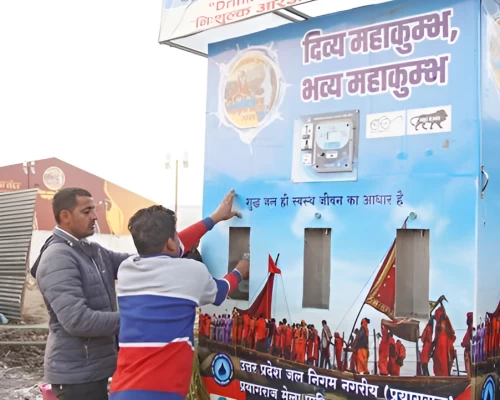

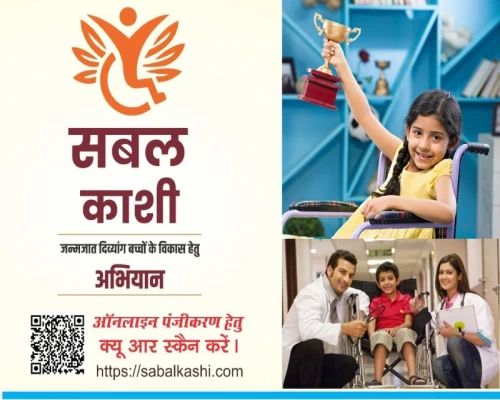

_500_x_400.webp)
